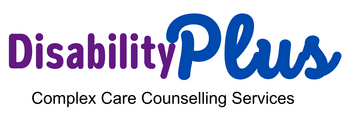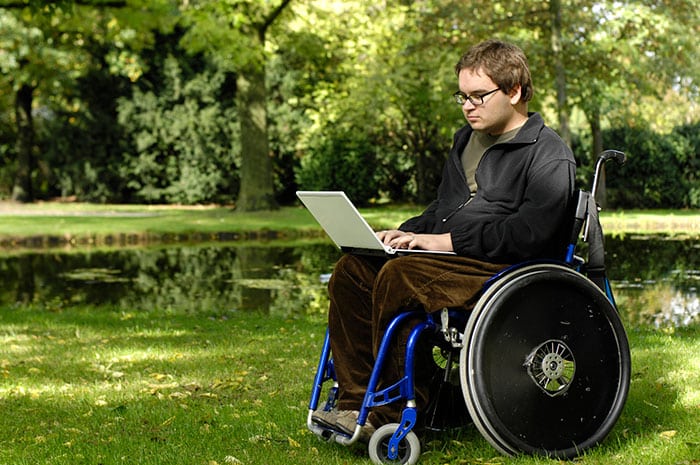
Welcome to DisabilityPlus the Specialist MS Counselling & Psychotherapy Service
We offer specialist MS counselling tailored to meet the unique needs of individuals living with Multiple Sclerosis and their caregivers.
Our expert counsellors, psychotherapists, and psychologists, all profoundly familiar with MS, provide a compassionate and understanding environment, ensuring a holistic approach to your mental health care. Whether you’re seeking support for the physical, emotional, or psychological challenges associated with MS, our services are designed to empower you and enhance your quality of life.
Enquiries
Self-Referral

Expertise in Multiple Sclerosis
Our therapists aren’t just experts in mental health – they specialise in MS.
They bring a profound understanding and empathy to your situation, providing care that comprehends the full scope of living with MS. Here, you’ll find a team that truly understands your journey and challenges.
Read more
A Comprehensive Support System
MS affects individuals physically, emotionally, socially, and psychologically.
Our counselling services are designed to address all these aspects, providing a supportive and understanding environment that promotes well-being across all areas of life.

Our Values
Central to our MS counselling service is the belief that effective therapy must be tailored to the individuality of those we support. We have cultivated a comprehensive approach to counselling, emphasising the critical role of a cultural match between our clients and their therapists.
Read more
Our diverse team of professionals who have personal experience with MS varies widely in terms of cultural backgrounds and life experiences. This diversity enables us to pair clients with counsellors who understand the medical and physical intricacies of MS and share and appreciate the clients’ artistic, social, and personal values.

Free Funding: MS Counselling
Multiple Sclerosis is classed as a long-term condition. We cannot obtain free counselling sessions.
Please visit your GP, who can refer you to the local mental health service that supports long-term conditions.
If you would like to self-refer to the local mental health service without seeing your GP, contact us, and we will send you the page to make the referral.

Self-Paying: Accessible and Prompt MS Counselling
Choosing to self-pay allows you to begin your MS counselling journey typically within a week, providing immediate support when it’s most needed. Additionally, for those awaiting approval for free funding, opting for self-pay enables you to start counselling without delay, ensuring continuous care and support.
Read more
In line with our mission to deliver exceptional MS counselling, we recognise the crucial importance of affordability.
Self-paying clients across the UK can access our specialist MS counselling services.
To make our support more accessible, we have substantially subsidised our self-pay plans. This approach reflects our deep commitment to making MS counselling available to a broader audience, regardless of financial circumstances.
Our subsidised rates are thoughtfully designed with your needs in mind: an introductory session is available for £50, followed by a package of three sessions for £180. These rates are intended to alleviate financial pressure on our clients.
We firmly believe financial constraints should not prevent anyone from accessing the essential support and guidance needed to manage MS effectively. We aim to enable more individuals to benefit from our professional, empathetic, and specialised counselling services.
Through this self-pay option, we strive to make a significant and positive impact in the lives of those living with MS, offering them the support they need at an affordable and accessible price.

Professional Referrals
We welcome referrals from a variety of professional bodies, including IAPT, Local Mental Health Services, Social Services, Educational Institutions, and through business-to-business arrangements.
Please get in touch to learn more or to proceed with a referral.

Testimonials
These testimonials and success stories illustrate the transformative impact of MS counselling, emphasising the potential for positive change and growth in the lives of individuals & carers.

“Choosing our services means partnering with a team deeply committed to supporting you through your journey with MS”.
Mental Health Challenges
Mental health issues in MS are multifaceted and can significantly impact the overall well-being of those living with the condition. These challenges often develop due to the interplay of physical changes in the brain and the psychological stress of managing a chronic illness.
Common issues include depression, stemming from both neurological factors and emotional responses to living with MS; anxiety, often heightened by the uncertainties and limitations imposed by the disease; mood swings and emotional changes, which can be a direct consequence of neurological alterations; and cognitive difficulties, such as memory and concentration issues, which add to emotional stress.
Addressing these mental health challenges is crucial and requires a holistic approach that combines neurological treatment with psychological support.
Common mental health problems experienced by people with MS include:
Specialist MS Counselling, why?
Choosing specialist counselling over traditional counselling for Multiple Sclerosis (MS) is beneficial because of:
Specialised Understanding: Specialist counsellors have a deeper understanding of MS and its physical and emotional challenges.
Tailored Support: They can offer more tailored support, addressing specific concerns related to MS, such as coping with chronic symptoms, medication side effects, and lifestyle adjustments.
Empathy and Insight: Having expertise in MS, specialist counsellors can empathise more effectively, providing insights that others less familiar with the condition might not have.
Practical Strategies: They are likely to have more effective strategies and tools developed specifically for managing the mental health aspects of MS.
In essence, specialist counselling ensures a more nuanced and practical approach to mental health care for individuals with MS.

Multiple Sclerosis (MS) is classified into several types, each characterised by its course and progression. The main types are:
Relapsing-Remitting MS
Relapsing-Remitting MS (RRMS) is the most common form of Multiple Sclerosis, characterised by distinct periods of relapses and remissions.
During a relapse, individuals experience an acute worsening of neurological functions. This could include new or worsening symptoms, such as visual disturbances, muscle weakness, difficulty with coordination and balance, and cognitive issues.
Following a relapse, individuals enter a remission phase where these symptoms may partially or entirely improve, and there is no apparent disease progression. The duration of these phases can vary greatly, with some experiencing frequent relapses followed by remissions, while others might have more extended periods of stability.
The underlying cause of these fluctuations is not fully understood but is thought to be related to the immune system mistakenly attacking the nervous system.
Treatment for RRMS typically focuses on managing symptoms, reducing the frequency and severity of relapses, and slowing disease progression. This can involve disease-modifying therapies, lifestyle changes, and symptom management strategies.
Secondary Progressive MS
Secondary Progressive MS (SPMS) represents a significant stage in the evolution of Multiple Sclerosis. As individuals transition from Relapsing-Remitting MS (RRMS), the disease’s nature changes from one with clear relapses and remissions to a more steadily progressive course. In SPMS, symptoms gradually intensify and accumulate over time, often affecting mobility, strength, coordination, and cognitive functions.
This progression may be continuous or occur in phases, with occasional plateaus or slight improvements. The management of SPMS often requires a multifaceted approach, including physical and occupational therapy, medication to manage specific symptoms or slow disease progression, and support for mental health.
Early detection and proactive management can be crucial in maintaining quality of life and functional abilities for those with SPMS.
Primary Progressive MS
Primary Progressive MS (PPMS) is a form of Multiple Sclerosis distinguished by a consistent and gradual worsening of symptoms from the outset, without the relapses and remissions typical in other forms of MS.
This progression often includes increasing mobility issues, muscle weakness, and difficulties with coordination and balance. Cognitive and emotional impacts, such as changes in memory, mood, and cognitive functions, are also common.
Unlike Relapsing-Remitting MS, where effective treatments are more established, managing PPMS can be more challenging. Treatment focuses on managing symptoms, slowing progression, and maintaining quality of life through physical therapy, medication, and supportive care. PPMS is often diagnosed later in life compared to other forms of MS, and its progression can vary significantly from person to person.
Progressive-Relapsing MS
Progressive-relapsing MS (PRMS) is a particularly challenging form of Multiple Sclerosis. It is marked by a continuous and gradual worsening of symptoms from the onset, coupled with acute relapses where symptoms suddenly become more severe.
Unlike Relapsing-Remitting MS (RRMS), individuals with PRMS do not experience periods of complete remission after these relapses. Instead, there is a noticeable decline in neurological function over time, even between relapses.
The management of PRMS involves a combination of strategies to address the progressive nature of the disease and to manage acute relapses when they occur. This includes medication to modify the disease course and manage symptoms, rehabilitation therapies to maintain function, and supportive care to address the physical, cognitive, and emotional challenges associated with the condition. PRMS requires a highly individualized approach due to its complexity and the variability in how it affects each person.

Mobile
01932881849
Find the Right Support for Your Journey
Select your counselling service
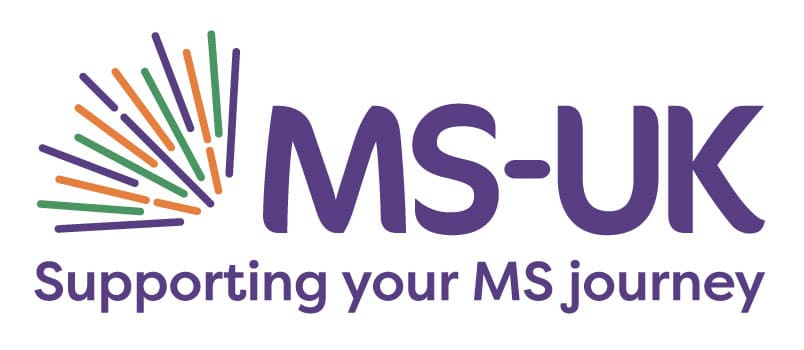
DisabilityPlus support MS-UK, if you donate on this page you will donate directly to MS-UK.
Specialist MS, Mental Health Counselling Services
Welcome to DisabilityPlus the Specialist MS Counselling & Psychotherapy Service
We offer specialist MS counselling tailored to meet individuals living with Multiple Sclerosis and their caregivers’ unique needs. Our expert counsellors, psychotherapists and psychologists, all profoundly familiar with MS, provide a compassionate and understanding environment, ensuring a holistic approach to your mental health care. Whether you’re seeking support for the physical, emotional, or psychological challenges associated with MS, our services are designed to empower you and enhance your quality of life.
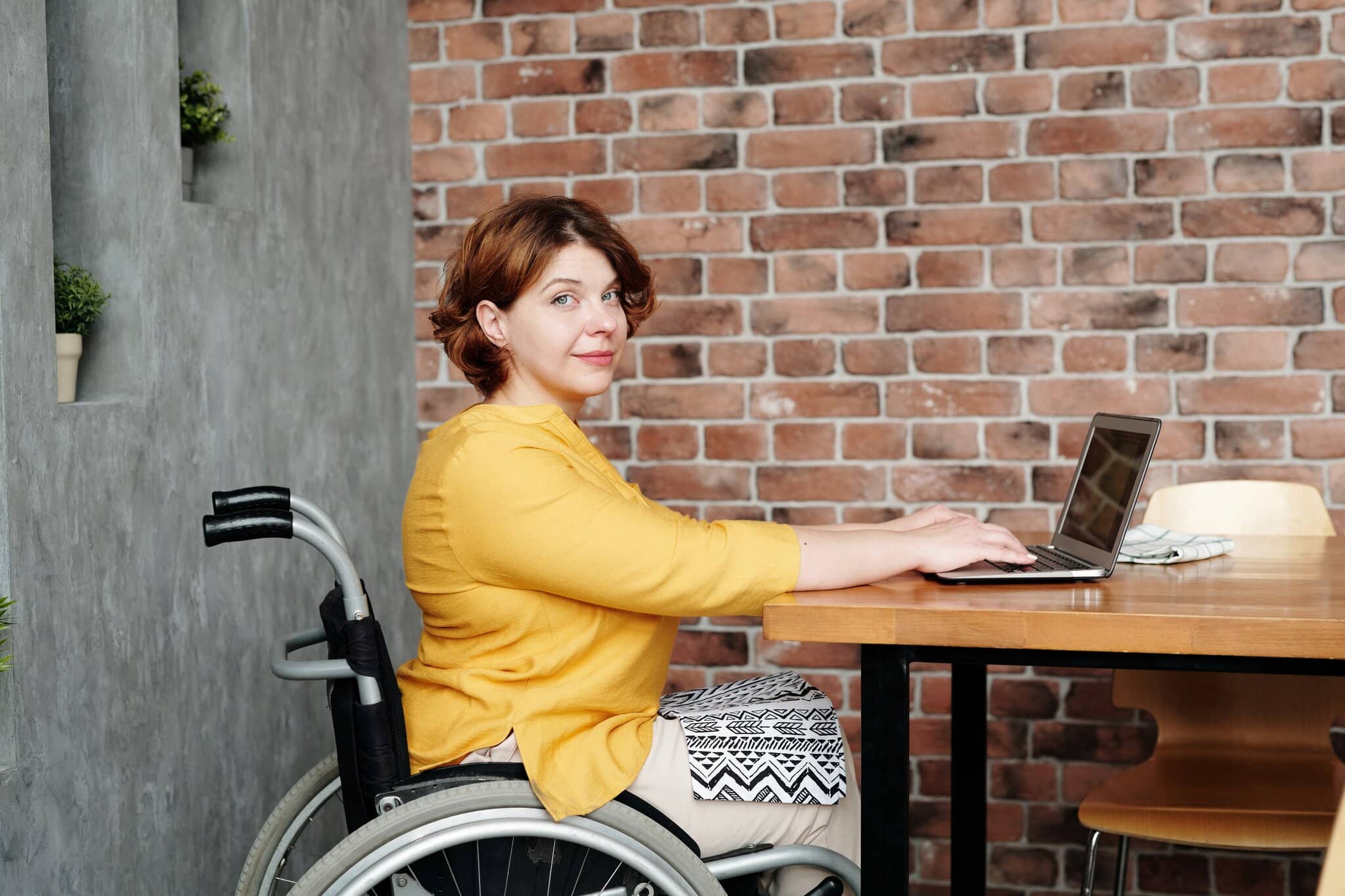
Expertise in Multiple Sclerosis
Our therapists aren’t just experts in mental health – they specialise in MS.
They bring a profound understanding and empathy to your situation, providing care that comprehends the full scope of living with MS. Here, you’ll find a team that truly understands your journey and the challenges you face.

A Comprehensive Support System
MS affects individuals physically, emotionally, socially, and psychologically.
Our counselling services are designed to address all these aspects, providing a supportive and understanding environment that promotes well-being across all areas of life.

Common Challenges We Support you with
⇒ Chronic Pain
⇒ Abelism/ Discrimination
⇒ Worries about the future
⇒ Financial Strain
⇒ Employment Issues
⇒ Communication
⇒ Carer Problems
⇒ Physical Challenges
⇒ Memory Retention
⇒ Social Isolation
⇒ Healthcare Challenges
⇒ Access to Services
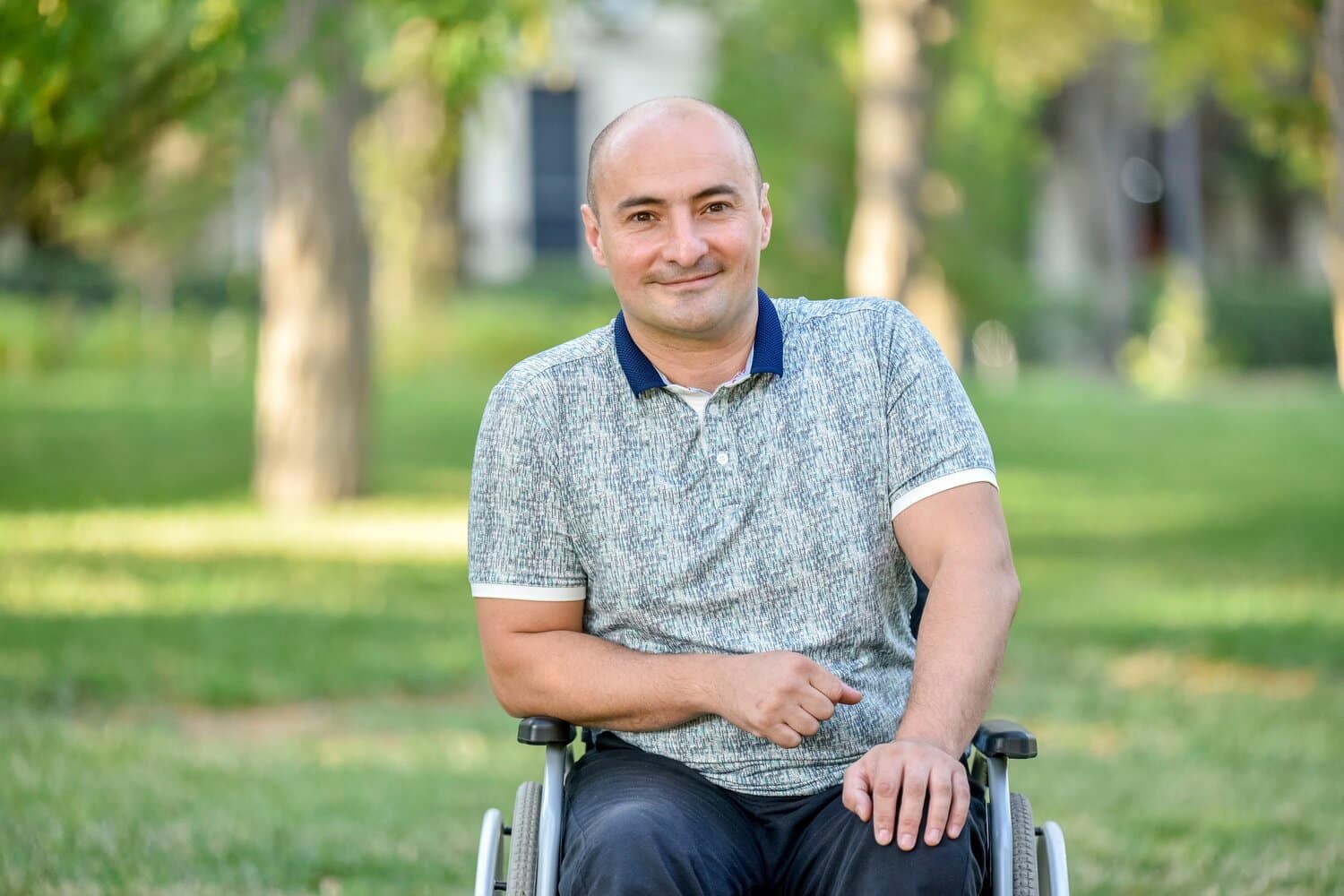
Mental Health Issues We Work with Daily
⇒ Depression
⇒ Generalised Anxiety
⇒ Social Anxiety
⇒ Post Traumatic Stress
⇒ Low Self-esteem
⇒ Emotional Regulation
⇒ Anger
⇒ Stress
⇒ Grief and Loss
⇒ OCD
⇒ ADHD
⇒ Self-Harm

Our Values
Central to our MS counselling service is the belief that effective therapy must be tailored to the individuality of those we support. We have cultivated a comprehensive approach to counselling, emphasising the critical role of a cultural match between our clients and their therapists.
Our diverse team of professionals who have personal experience with MS varies widely in cultural backgrounds and life experiences. This diversity enables us to pair clients with counsellors who understand the medical and physical intricacies of MS and share and appreciate the clients’ artistic, social, and personal values.
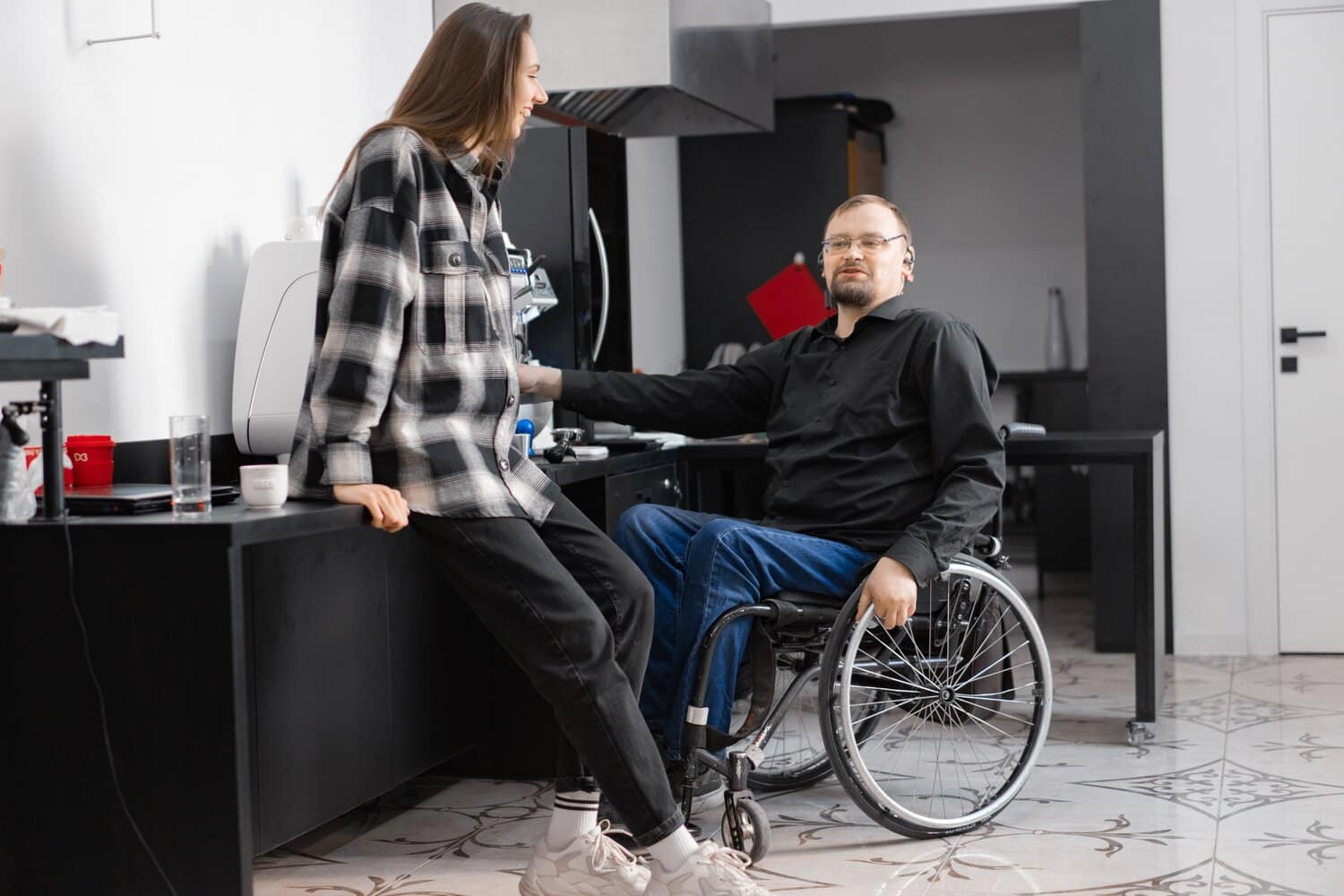
Free Funding: MS Counselling
Multiple Sclerosis is classed as a long-term condition. We cannot obtain free counselling sessions.
Please visit your GP, who can refer you to the local mental health service that supports long-term conditions.
If you would like to self-refer to the local mental health service without seeing your GP, contact us, and we will send you the page to make the referral.

Self-Paying: Accessible and Prompt MS Counselling
Choosing to self-pay allows you to begin your MS counselling journey typically within a week, providing immediate support when it’s most needed. Additionally, for those awaiting approval for free funding, opting for self-pay enables you to start counselling without delay, ensuring continuous care and support.
Read more
In line with our mission to deliver exceptional MS counselling, we recognise the crucial importance of affordability.
Self-paying clients across the whole of the UK can access our specialist MS counselling services.
To make our support more accessible, we have substantially subsidised our self-pay plans. This approach reflects our deep commitment to making MS counselling available to a broader audience, regardless of financial circumstances.
Our subsidised rates are thoughtfully designed with your needs in mind: an introductory session is available for £50, followed by a package of three sessions for £180. These rates are intended to alleviate financial pressure on our clients.
We firmly believe that financial constraints should not prevent anyone from accessing the essential support and guidance needed to manage MS effectively. We aim to enable more individuals to benefit from our professional, empathetic, and specialised counselling services.
Through this self-pay option, we strive to make a significant and positive impact in the lives of those living with MS, offering them the support they need at an affordable and accessible price.
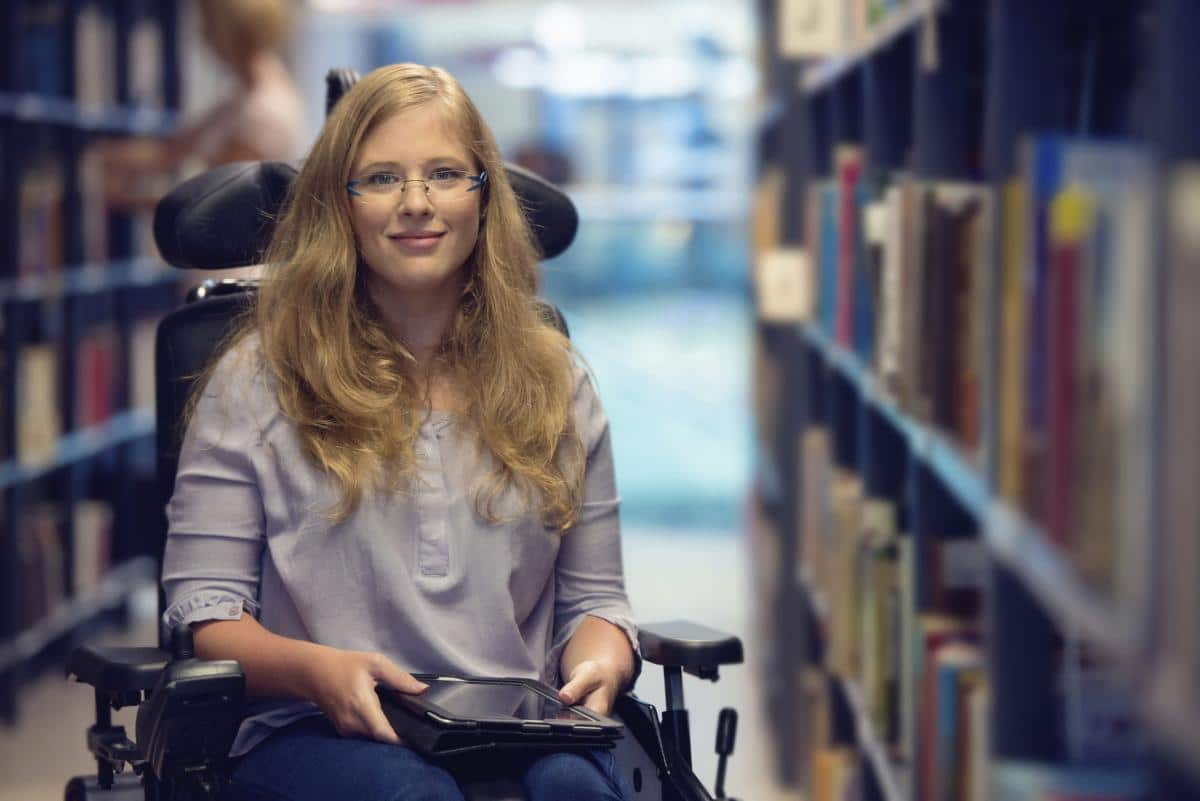
Understanding the Unique Spectrum of MS Challenges
We recognise that the challenges faced by our clients with Multiple Sclerosis (MS) extend far beyond the conventional scope of depression and anxiety.
Our expertise lies in understanding and addressing the myriad of lived experiences unique to those with MS, experiences that can significantly contribute to their mental health concerns.
MS impacts various facets of life, creating challenges that are not just physical but also emotional, social, and psychological. These include navigating a world not always designed for different abilities, facing barriers in employment and education, dealing with social stigma and isolation, and the everyday difficulties of managing a condition that affects both mobility and independence.
Read more
Such experiences can lead to feelings of frustration, loss of autonomy, and challenges in forming and maintaining relationships, which in turn can manifest as anxiety, low mood, or other mental health issues.
Our team of counsellors do not see depression or anxiety as standalone issues but as part of a complex web of experiences faced by those with MS.
Our counselling sessions are therefore not just about managing symptoms but about addressing the root causes of these feelings, including the daily frustrations, systemic barriers, and the emotional toll of living in a society that often misunderstands and overlooks the needs of those with MS.
By focusing on these lived realities, we provide a truly specialist counselling service.
We offer a safe space where clients can share their experiences, challenges, and feelings, knowing they are understood on a deeper level. This approach allows us to provide more effective support, helping our clients navigate their unique paths and promoting empowerment and well-being.
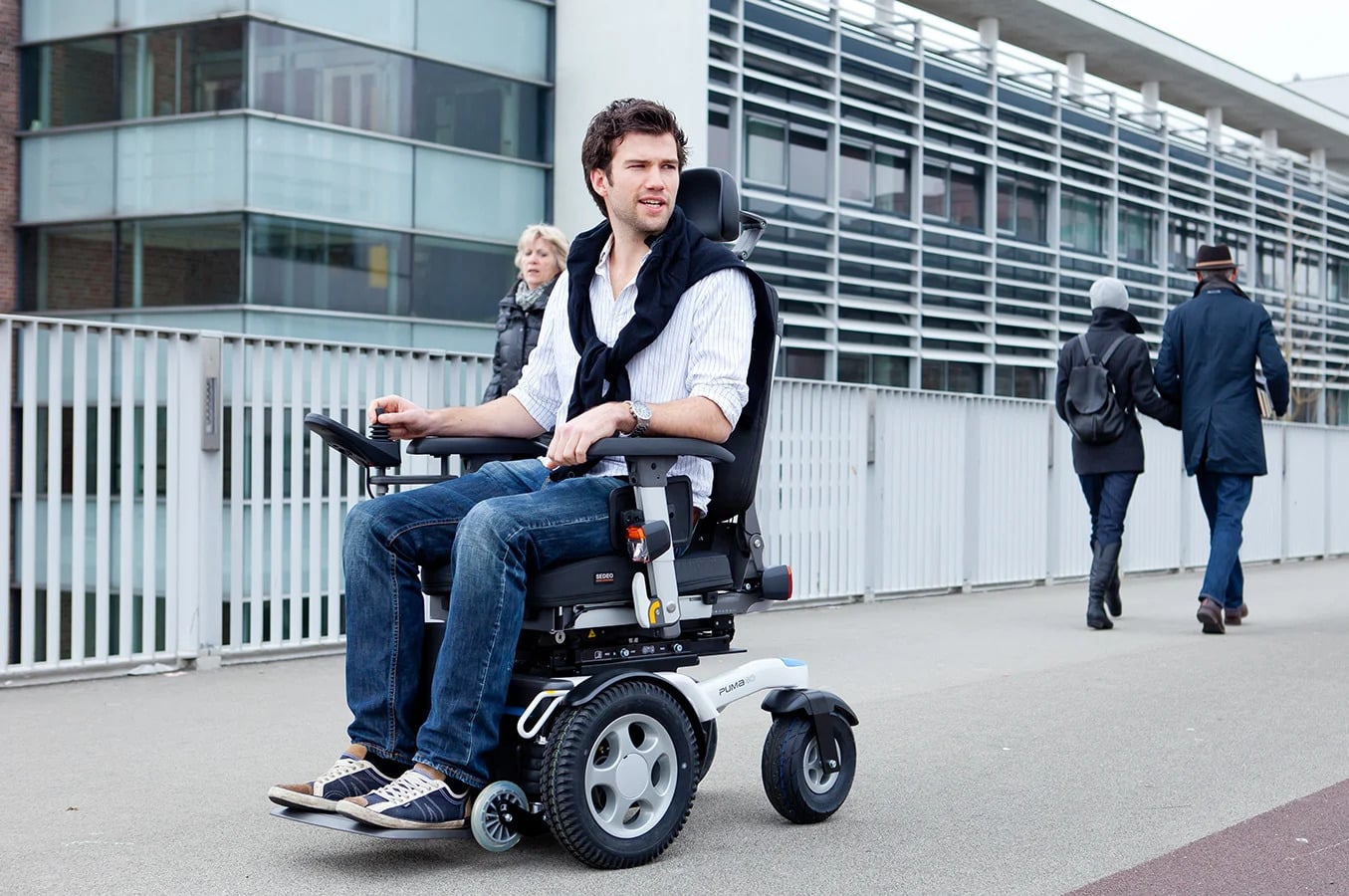
Counselling for Caregivers: Support and Understanding for Those Who Care
Recognising the pivotal role caregivers play in the lives of individuals with Multiple Sclerosis (MS), our service extends specialised counselling support to these dedicated individuals.
While immensely rewarding, being a caregiver also comes with unique challenges and stressors. Acknowledging and addressing caregivers’ emotional and mental well-being is essential to ensuring the sustainability and quality of care they provide. Our counselling for caregivers is tailored to meet the specific needs and experiences of those who support individuals with MS.
We understand that caregivers may feel overwhelmed, tired, and sometimes isolated due to the demands of their role.
Read more
Emotional complexities can also occur, such as guilt, frustration, or fear of the future. Furthermore, balancing caregiving responsibilities with personal life can lead to significant stress and impact the caregiver’s mental health.
Our sessions provide a compassionate and understanding space where caregivers can openly discuss their feelings, challenges, and experiences. Our counsellors, equipped with insight into the dynamics of caregiving in MS, offer practical advice, emotional support, and coping strategies.
These sessions are designed to support caregivers’ mental health and empower them with tools and knowledge to maintain their well-being while providing the best possible care.
We aim to ensure that caregivers feel heard, understood, and valued. By addressing their mental health needs, we strive to foster a more sustainable and positive environment for them and the individuals with MS they support.
MS Counselling with DisabilityPlus
we are committed to enhancing the lives of individuals with Multiple Sclerosis and their caregivers through dedicated and empathetic MS counselling. Our team, deeply familiar with the nuances of MS, provides a comprehensive support system tailored to address the multifaceted challenges of this condition. From managing symptoms to overcoming emotional and social barriers, our goal is to empower our clients, fostering resilience and improving their overall quality of life.
We believe that everyone deserves access to specialist support that understands and addresses their unique needs. Whether you are managing MS yourself or caring for someone who is, our counselling services are designed to provide not only relief but also tools for sustainable well-being. We invite you to reach out and begin your journey towards healing and empowerment with us, where your challenges are met with professional support and genuine understanding.

Testimonials
These testimonials and success stories illustrate the transformative impact of MS counselling emphasising the potential for positive change and growth in the lives of individuals & carers.
“The MS Mental Health Counselling transformed my outlook on life. The tailored strategies and understanding I received here helped me navigate my MS journey with much more confidence and resilience. I no longer feel defined by my condition.”
“Caring for my partner with MS has been challenging. The support and guidance I received from the counselling service were invaluable. It provided me with coping strategies and a supportive community that understands what I’m going through.”
“As a caregiver and wife to someone with MS, I’ve had my share of tough days. The counselling for caregivers offered me a safe space to express my concerns and learn how to balance my life and caregiving responsibilities better.”
“Being newly diagnosed with MS was overwhelming. The counselling sessions here offered not just support but also a deep understanding of my emotions and fears. It’s comforting to talk to someone who truly gets it.”
“I’ve experienced many ups and downs with MS, and the counselling service has been a constant source of support. Their approach to mental wellness and empowerment has helped me maintain a positive mindset and tackle challenges head-on.”
“As a young adult with MS, finding support that resonates with my age and lifestyle was tough. My therapist provided counselling that was relatable, modern, and truly helpful in dealing with the emotional aspects of living with MS at my age.”

Multiple Sclerosis (MS) is classified into several types, each characterised by its course and progression. The main types are:
Relapsing-Remitting MS (RRMS)
Relapsing-Remitting MS (RRMS) is the most common form of Multiple Sclerosis, characterised by distinct periods of relapses and remissions. During a relapse, individuals experience an acute worsening of neurological functions. This could include new symptoms or worsening existing symptoms, such as visual disturbances, muscle weakness, difficulty with coordination and balance, and cognitive issues.
Following a relapse, individuals enter a remission phase where these symptoms may partially or entirely improve, and there is no apparent disease progression. The duration of these phases can vary greatly, with some experiencing frequent relapses followed by remissions, while others might have more extended periods of stability.
The underlying cause of these fluctuations is not fully understood but is thought to be related to the immune system mistakenly attacking the nervous system.
Treatment for RRMS typically focuses on managing symptoms, reducing the frequency and severity of relapses, and slowing disease progression. This can involve disease-modifying therapies, lifestyle changes, and symptom management strategies.
Secondary Progressive MS (SPMS)
Primary Progressive MS (PPMS)
Primary Progressive MS (PPMS) is a form of Multiple Sclerosis distinguished by a consistent and gradual worsening of symptoms from the outset, without the relapses and remissions typical in other forms of MS.
This progression often includes increasing mobility issues, muscle weakness, and difficulties with coordination and balance. Cognitive and emotional impacts, such as changes in memory, mood, and cognitive functions, are also common.
Unlike Relapsing-Remitting MS, where effective treatments are more established, managing PPMS can be more challenging. Treatment focuses on managing symptoms, slowing progression, and maintaining quality of life through physical therapy, medication, and supportive care. PPMS is often diagnosed later in life compared to other forms of MS, and its progression can vary significantly from person to person.
Progressive-Relapsing MS (PRMS)
Progressive-relapsing MS (PRMS) is a particularly challenging form of Multiple Sclerosis. It is marked by a continuous and gradual worsening of symptoms from the onset, coupled with acute relapses where symptoms suddenly become more severe.
Unlike Relapsing-Remitting MS (RRMS), individuals with PRMS do not experience periods of complete remission after these relapses. Instead, there is a noticeable decline in neurological function over time, even between relapses.
The management of PRMS involves a combination of strategies to address the progressive nature of the disease and to manage acute relapses when they occur. This includes medication to modify the disease course and manage symptoms, rehabilitation therapies to maintain function, and supportive care to address the physical, cognitive, and emotional challenges associated with the condition. PRMS requires a highly individualized approach due to its complexity and the variability in how it affects each person.
Mental Health Challenges
Mental health issues in MS are multifaceted and can significantly impact the overall well-being of those living with the condition. These challenges often develop due to the interplay of physical changes in the brain and the psychological stress of managing a chronic illness.
Common issues include depression, stemming from both neurological factors and emotional responses to living with MS; anxiety, often heightened by the uncertainties and limitations imposed by the disease; mood swings and emotional changes, which can be a direct consequence of neurological alterations; and cognitive difficulties, such as memory and concentration issues, which add to emotional stress.
Addressing these mental health challenges is crucial and requires a holistic approach that combines neurological treatment with psychological support.
Common mental health problems experienced by people with MS include:
Specialist MS Counselling, why?
Choosing specialist counselling over traditional counselling for Multiple Sclerosis (MS) is beneficial because of:
Specialised Understanding: Specialist counsellors have a deeper understanding of MS and its physical and emotional challenges.
Tailored Support: They can offer more tailored support, addressing specific concerns related to MS, such as coping with chronic symptoms, medication side effects, and lifestyle adjustments.
Empathy and Insight: Having expertise in MS, specialist counsellors can empathise more effectively, providing insights that others less familiar with the condition might not have.
Practical Strategies: They are likely to have more effective strategies and tools developed specifically for managing the mental health aspects of MS.
In essence, specialist counselling ensures a more nuanced and practical approach to mental health care for individuals with MS.

Find the Right Support for Your Journey
At DisabilityPlus, we understand that every individual’s mental health journey is unique. That’s why we offer comprehensive counselling services designed to cater to your specific needs.
Click & Select your counselling service
Specialist MS, Mental Health Counselling Services
Welcome to our specialist MS Counselling and Psychotherapy Service. If you or a loved one are living with multiple sclerosis (MS) and seeking professional support for your emotional well-being, you’ve come to the right place.
We firmly believe that everyone should have access to the support they deserve. That’s why we extend free funding applications to those facing exceptional circumstances in numerous parts of the UK.
Moreover, our affordable self-payment plans ensure that top-notch mental health assistance is attainable for everyone.
Our team of dedicated specialists is here to provide tailored counselling and psychotherapy services designed to address the unique challenges that individuals with MS face.
Living with Multiple Sclerosis
While living with MS presents considerable challenges, individuals can lead fulfilling lives with the proper support.
By acknowledging the complexities of MS and seeking targeted support, individuals can take steps toward maintaining a positive quality of life despite the condition’s challenges.
MS counselling and psychotherapy can play a vital role in helping individuals navigate the emotional aspects of the condition.


Choose Empowerment
By choosing specialist MS counselling, you select a path of empowerment, understanding, and targeted support.
MS is an evolving journey, and your emotional needs may also change.
Our therapists provide ongoing support that evolves with you, ensuring you have the tools and strategies you need at each stage of your MS journey.
“Generic counsellors may lack the in-depth knowledge required to address the nuanced emotional experiences that different types of MS can bring. Specialist counselling ensures Different Types of MS”
At our MS Mental Health Counselling and Psychotherapy Service, we understand that providing support that addresses the specific needs of each MS type is crucial.
Here’s why individualised specialist counselling matters and why it’s more effective than generic counselling.
Tailored Support for Different Types of MS: Why Specialist Counselling Matters
At our MS Mental Health Counselling and Psychotherapy Service, we understand that providing support that addresses the specific needs of each MS type is crucial.
Here’s why individualised specialist counselling matters and why it’s more effective than generic counselling.
Tailored Strategies: Our specialists understand the unique challenges of each MS type and can tailor strategies to help you cope with the specific emotional demands you face.
Informed Support: You’ll receive support from professionals who are well-versed in the latest developments in MS research, treatment, and emotional well-being.
How Can MS Counselling Help:
Our MS counselling program is tailored to meet the specific needs of adults with multiple sclerosis. We believe in the power of counselling to enhance personal growth, emotional well-being, and overall quality of life. Here’s how our counselling services can make a positive impact:
Holistic Care: We recognise that emotional well-being is interconnected with various aspects of your life. Our approach considers your physical health, relationships, lifestyle, and personal values to provide a holistic and comprehensive support plan.

If you’re ready to embark on this journey with us, we’re here to support you every step of the way.
Empowerment
We believe in empowering individuals to take an active role in their mental health journey.
Through counselling and psychotherapy, we help you develop the skills and strategies needed to navigate challenges, build resilience, and embrace positive change.
Evidence-Based Practices
Our counsellors and psychotherapists are trained in evidence-based practices that have proven effectiveness in addressing mental health concerns.
We integrate these techniques with our understanding of MS to provide you with the best possible care.
Personalised Strategies
Our specialists work collaboratively with you to create personalised strategies that align with your unique circumstances.
Whether you’re seeking practical solutions or exploring deeper emotional insights, our services are tailored to your preferences.
Safe and Supportive Environment
We provide a safe and supportive space where you can openly express your thoughts and emotions.
Our non-judgmental approach fosters trust and allows for meaningful exploration of your feelings.
Creating a Supportive Journey
Navigating a personal journey can sometimes feel isolating. Our counselling sessions provide a platform for you to connect with compassionate professionals who genuinely care about your well-being. Additionally, we can help you explore local resources and communities that understand and support individuals with similar experiences. You’re not alone in this journey – we’re here to stand by your side.
Counselling Overview
Our team can help you and your family cope with the emotional and psychological impact of living with Multiple Sclerosis.
⇒ Specialist Acreditated & Registered Phycologists & Psychotherapists.
⇒ You can choose a counsellor with Multiple Sclerosis or a specialist with years of experience supporting people with MS; it’s your choice.
⇒ Our Counselling comes from Lived Experiences, not a Textbook or Training Course.
⇒ We understand the issues felt at each stage of your MS.

⇒ Video & telephone counselling to ensure you can connect with specialists wherever you live.
Testimonials
These testimonials and success stories illustrate the transformative impact of MS counselling emphasising the potential for positive change and growth in the lives of individuals & carers.
Free Funding
Multiple Sclerosis is classed as a long-term condition. We cannot obtain free counselling sessions.
Please visit your GP, who can refer you to the local mental health service that supports long-term conditions.
If you would like to self-refer to the local mental health service without seeing your GP, contact us, and we will send you the page to make the referral.


DisabilityPlus support MS-UK, if you donate on this page you will donate directly to MS-UK.
Our Specialist Services
Click to Select
